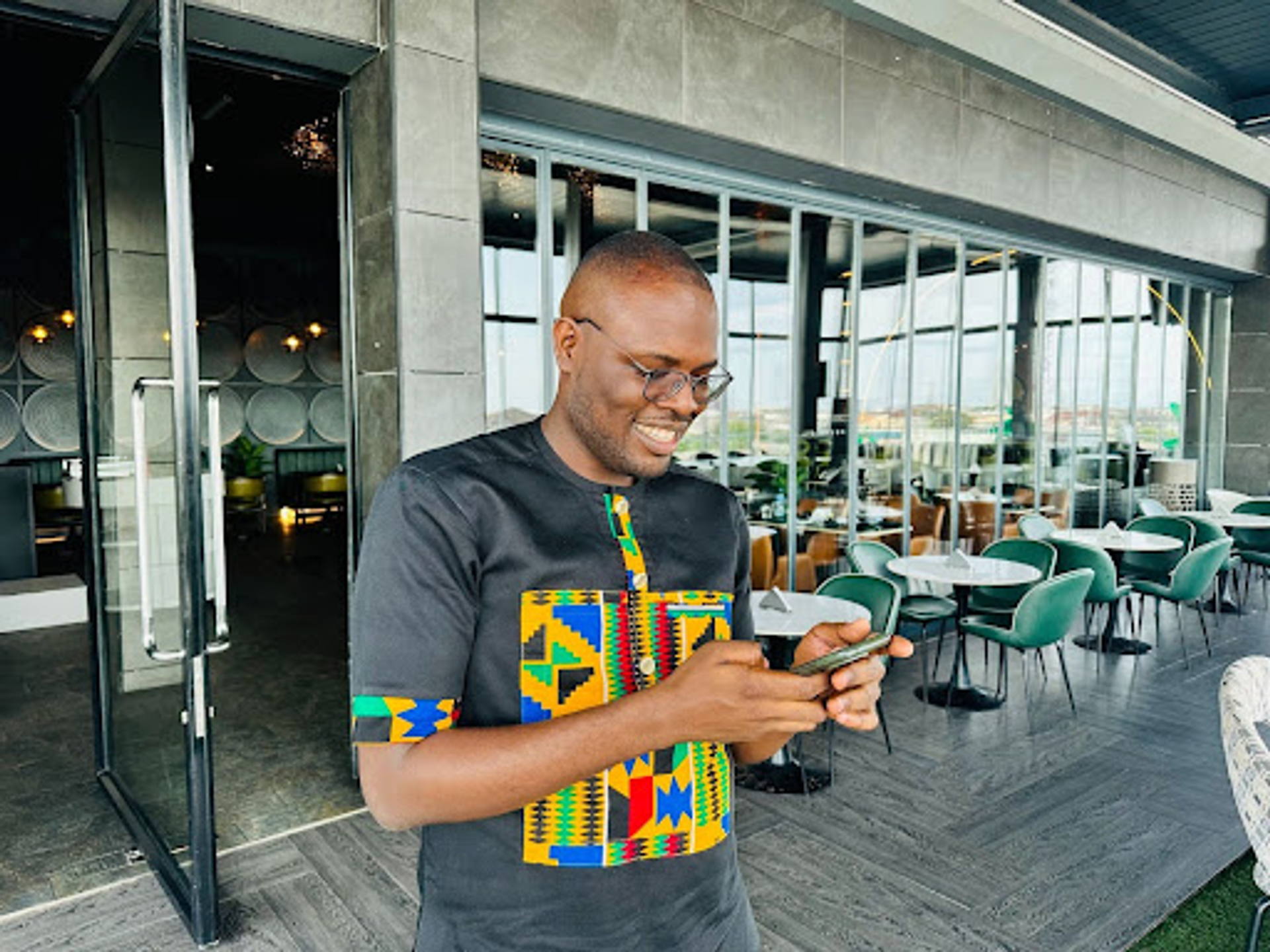The Facts
Diezani Alison-Madueke was the Nigerian oil minister, from 2010 to 2015. She was indicted for bribery by the US Justice Department two years later. She lives in the UK awaiting trial on bribery charges which she denies. Over the years it’s been alleged she’s responsible for the misappropriation of billions of dollars, which she also denies. A new documentary directed by Chude Jideonwo, a journalist and public relations operative, explores the myths around the former oil minister and gets a rare on-camera interview with her.
Jideonwo and his partner Adebola Williams had previously helped run parts of the successful presidential campaign of candidate Muhammadu Buhari in Nigeria’s 2015 election. They also influenced another opposition triumph in Ghana the following year. Jideonwo spoke to Semafor Africa on navigating claims that his film distracts from current crises in Nigeria which critics say has roots in his work for Buhari.
Know More
💡How did you decide on making a documentary on Diezani? An idea from [Nigerian filmmaker] Adekunle ‘Nodash’ Adejuyigbe was to look for a story that has all the elements of corruption that Nigerians think they know but really don’t know beyond sensational headlines. We considered other characters but Nodash mentioned Diezani one day and I immediately stopped faffing around! That was the story to really explain how Nigeria’s money disappears.
💡 Does this show she is the figure that has most defined corruption in Nigeria? Diezani is perhaps the most colorful corruption story in post-independence Nigeria apart from [former dictator Sani] Abacha. It is the one the Gen Z and millennials are familiar with. It has elements that you find nowhere else. There is the sexist allegation that she was sleeping with [President Goodluck Jonathan] — it has been thrown against every woman. Most stories about Nigerian corruption are boring — he came, he stole, he was let go. But this was colorful. Also she has not been convicted, so it is a living story.
💡 Why do you think she spoke with you? Probably because we were not going to let it go. We were camped in London for a month. We went to three homes associated with her, to Manchester to find her brother, to the market where she shops, to the spa where she does her nails. I wrote multiple letters to her lawyers and went to their chambers in Abuja when they wouldn’t respond.
💡 What did you learn about her? I went in with the ‘powerful woman, massive corruption’ image of her. I discovered a human being who got into government and got consumed by the culture. In the film, she says “I considered myself one of the boys.” Right after, one interviewee says “And the boys showed her she wasn’t one of them.”

💡 Surely there are monsters in this story? Former president Goodluck Jonathan is a central character in this. I personally liked him — he’s a decent person — but I fell out of like for him after his response to the Chibok girls’ abduction. The EFCC has secured convictions that Diezani’s corruption was used to fund the Jonathan administration. The people I spoke with at Scotland Yard and the FBI believe Jonathan was complicit. But people who think this is anti-Jonathan and pro-Buhari will be surprised. This film explores the actions of three Nigerian oil ministers: Etete, Diezani and Buhari.
💡 Are you concerned that, as a consequence of your film, Nigerian women will be deemed undesirable for crucial government positions? I can’t not tell the best story I can because I am worried about how people will receive it. A journalist must be humble to not overstate their impact on world affairs. My duty is to raise consciousness, in this case of the incentives and motivations that enable the culture and concept of corruption in Nigeria. In some of the screen tests we’ve done for this, people have come out feeling “eiyaa, poor woman.” There is no way of knowing what the consequence will be and I’m actually interested to see it.
💡 What else are you working on? We are currently in post-production for a documentary about Ike Ekweremadu [a former high-ranking Nigerian Senator serving time in the UK for organ trafficking]. I just spent time in London on research for that. We are doing another on Clifford Orji [an alleged cannibal who died in prison a decade ago]. I am keen on the story of the pastor jailed for nearly 30 years for a murder he didn’t commit. And I am launching my streaming platform WithChude.com on August 1. It will host many of these projects and my interview show.
💡 Will you do a Tinubu documentary? I will investigate anybody if I find them compelling and Tinubu is a compelling documentary subject. He is not off limits for any reason. Nobody is, just like with my interviews.
